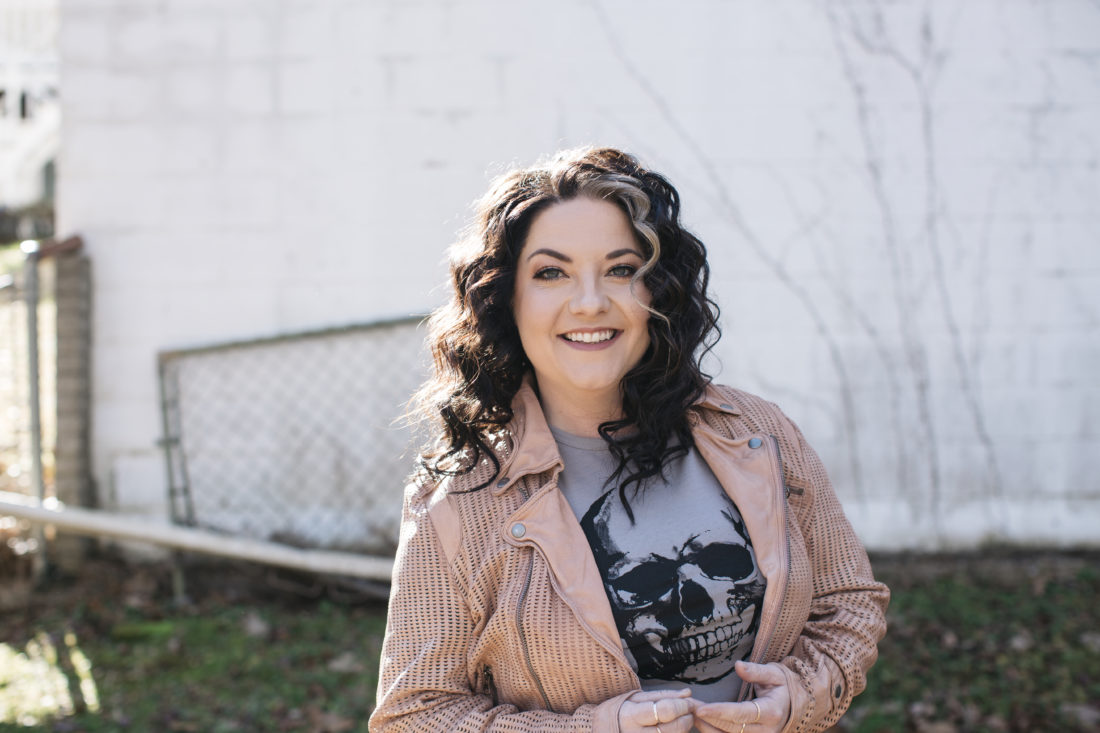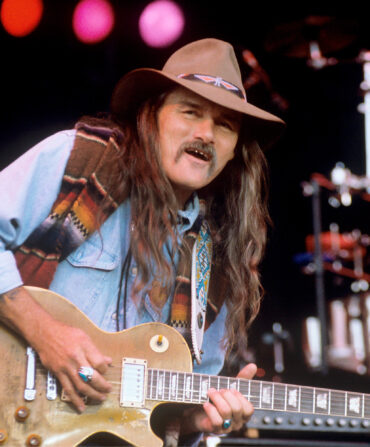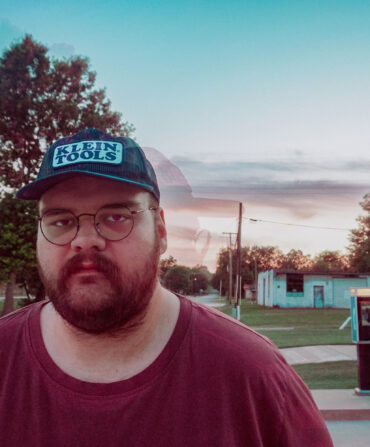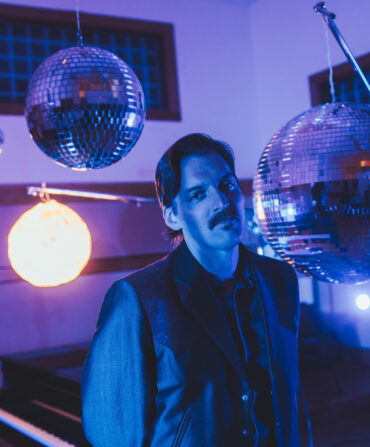“There were plenty of people who told me I was crazy for thinking I was gonna write country music for a living,” Ashley McBryde says. The rural Arkansas native cut her teeth playing in bars and tiny venues around the South before finding her footing as one of Nashville’s rising class of country stars, nabbing a CMA Best New Artist award and a Grammy nomination for her 2018 breakout, Girl Going Nowhere. She does have something to thank the naysayers for: The album’s title track immortalizes a teacher who told her she’d never make it and to “remember where she came from.” McBryde hasn’t forgotten the dig. “I mean, I’m from Arkansas,” she says. “We’re responsible for Johnny Cash! Conway Twitty! Glenn Campbell! Maybe she needed to remember where we were from.”
On her hotly anticipated sophomore album, Never Will—out today—McBryde flexes all her Southern music muscles. The thirty-six-year-old singer-songwriter draws from gospel influences on songs like “Velvet Red,” and the bluegrass murder ballad tradition on “Martha Divine.” There’s plenty of rock ’n’ roll, too. McBryde teamed up once again with producer Jay Joyce, whose touch has lent a harder edge to albums from Eric Church and Cage the Elephant. Garden & Gun caught up with McBryde to talk about the new album, the pull of a good story, and the tiny town that built her. Read the interview and listen to a couple of tracks below. Never Will is available now.
Tell us about where you grew up in Arkansas. What was it like where you’re from?
We lived between three towns on a cattle farm that was seriously the middle of nowhere. There was no stop light. There was no Wal-Mart. We were about six or eight miles south of the Missouri border, and on Wednesday nights after church, we would go to the Dairy Queen in Missouri. To some people, that means there’s nothing to do. To somebody like me, that means there’s nothing to distract you from learning to play guitar, nothing to distract you from learning to make fire and hunt. We were very hands-on, outdoors kids. I grew up listening to and playing bluegrass and country, and I can’t think of a more true-to-the-bluegrass lifestyle than being in the Ozark Mountains.
How did you end up in Nashville?
I went to school like you’re supposed to. I studied music education [at Arkansas State], and I played every place you could play in Jonesboro. Then I started going over to Memphis and playing—it’s only about an hour, hour-and-a-half outside of Jonesboro. Then I was playing five and six nights a week in Memphis, and I was missing a lot of class. Finally, my favorite instructor—and I know it’s his job to keep students in school—he said, “You’re here studying French horn and classical music, and this is not where your love is. Your love is writing songs and playing the guitar, and I really do think that you should go. I think that you should go right now.” So I moved to Nashville and lived with a friend who ran a storage facility. We lived in the apartment that was behind it.
On Never Will, the song “Velvet Red” draws from two pillars of Southern music: gospel and bluegrass. How did it come together?
For a country band, we have a lot of rock ’n’ roll tendencies, and on this record we leaned fully into them. But this song came up one day in rehearsal as kind of a palate cleanser. I had written it about eight years earlier, and it was born from the label of a bottle—two bottles, actually—of the worst wine I’ve ever had in my life. I don’t mean that to insult the line of wine; I mean, we did drink both bottles. But looking at the label, all I could think of was [sings] “Velvet Red, Velvet Red,” and that we could give it a Patty Loveless treatment, that here was an opportunity for us to tell a love story. I don’t tell love stories very often, and, yeah, this one’s about a pretty shady situation. But it was just so much fun to piece the story together. When it came up in rehearsal, I said, “Hang on, guys. This belongs on the record.” Because for a country band, we also have a lot of bluegrass tendencies, and I thought we should lean into that, too—pay homage, honor that part of our music life.
The track “Martha Divine” also draws from a lot of the great traditions of country music. I mean, you’ve got a murder, an affair. It’s definitely a song with a story.
There are so many good murder songs, especially in the world of bluegrass: “Down in the Willow Garden,” where he stabs a girl and throws her in the river, and then he winds up getting hanged at the end of the song. “Long Black Veil.” “Knoxville Girl.” Dolly Parton was a master of telling stories like that, too. But I really hadn’t heard a murder song done this way. Normally whoever’s being cheated on, or whoever’s doing the cheating, is doing the singing and the killing. This time, it’s from the perspective of the daughter, who might be a little bit off her rocker, and is a little bit Bible beating and protective of her mother. It was just so much fun to write it. I thought nobody would ever let me put this on a record—especially when we opened the song with, “I’ve got this feeling, and I’ve got this shovel…” [Laughs]
There’s a line in the title track that feels timely as so many shows are being canceled and plans seem up in the air: “Sometimes the hardest part was to just keep playing.” What are some of the things that have helped you keep playing over the years?
Some of the best advice I was ever given when I moved to Nashville was this: You must be present to win, and the guy that quits last is the one that won. That was a nice thing to draw from. [I would remind myself that] somebody in that crowd was having a crappy night that night, and it was my job to make sure they didn’t. In the bar days, that’s what keeps you going. It’s my responsibility as a musician to free you of your cares for as long as I’ve got a microphone in front of me, which I think is a really, really cool job. Now if I get down, or if I’m too tired, or if I feel like I’m not going to do a good job, I remember that young men and young women are coming to these shows and that no matter what it is they want to do, somebody’s going to tell them they’ll never be able to do it. So I’d better pull my boots on. Show them that if I can do it, they can do it. Seriously, if a girl from Mammoth Spring, Arkansas, can play at the Grand Ole Opry, so can you.








